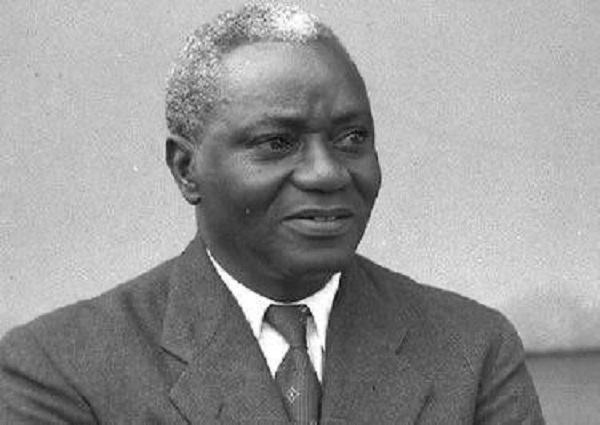
Government Has Performed Despite Economic Shocks- Dr. Tsiboe Darko
Bagbin’s Diatribe Against Akufo-Addo: A Case Of A Weak Goliath Who Can’t Stand The Might Of David
Unexplained Murders In WA
Danquah Institute committed to strengthening mental health-care delivery
DI: Gov’t has performed despite Covid shocks
Dr. J.B. Danquah opposed Ghana’s Republican Constitution of 1960 for several key ideological, legal, and political reasons. His objections were rooted in his firm belief in constitutional democracy, separation of powers, individual freedoms, and a fear of growing executive authoritarianism. Below are his main reasons:
He articulated his positions as follows:
1. Excessive Concentration of Power in the Executive President
Danquah strongly opposed the shift from a parliamentary system (where the Prime Minister was accountable to Parliament) to an executive presidential system, as introduced in the 1960 Constitution.
• He believed it vested dictatorial powers in the President (Kwame Nkrumah), removing important checks and balances.
• He warned that the President could become untouchable, with control over appointments, Parliament, and the judiciary.
2. Erosion of Judicial Independence
Danquah saw the new constitution as a threat to the independence of the judiciary.
• The President was granted powers to remove judges and influence judicial decisions through political appointments.
• This undermined the rule of law and the doctrine of separation of powers, which Danquah, a trained lawyer, considered sacred.
3. Undermining of Fundamental Human Rights
Danquah feared the new constitution would facilitate repression.
• He believed that the shift gave the President tools to curtail civil liberties, especially freedom of speech, association, and due process.
• His own experiences—being detained without trial under the Preventive Detention Act (1958)—strengthened his opposition.
4. Marginalisation of Parliament
Under the republican system, Parliament’s role was weakened significantly. Indeed, there was to be no parliamentary elections until the 1966 coup.
• Danquah lamented that Parliament had become a rubber stamp, as all meaningful power now resided in the executive.
• He believed it destroyed the democratic parliamentary tradition Ghana inherited from Britain. The Opposition was also affected by executive inducement which led to cross-carpeting.
5. Lack of Genuine Public Consultation
Danquah opposed the manner in which the constitution was passed.
• He felt the referendum process was manipulated and did not reflect genuine public will.
• He advocated for broad-based national dialogue to design a truly democratic constitution.
6. Ideological Opposition to One-Party Rule
Danquah saw the republican constitution as a step toward one-party rule, which was later formalised in 1964.
• He believed in multi-party democracy and political pluralism.
• The republican constitution, in his view, paved the way for totalitarian rule under Nkrumah’s Convention People’s Party (CPP).
2nd Norla Street, Labone
Accra, Ghana
danquah.insti@gmail.com
+233 30 273 7479
+233 26 945 0132